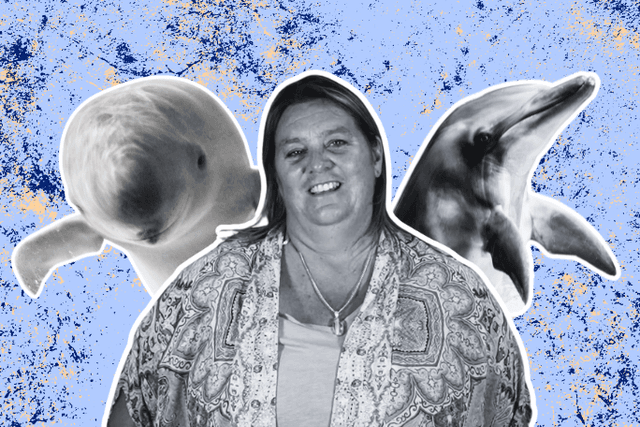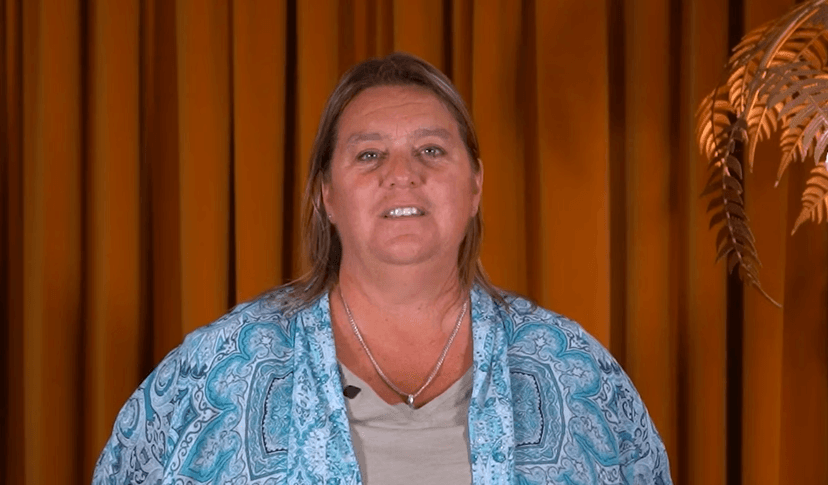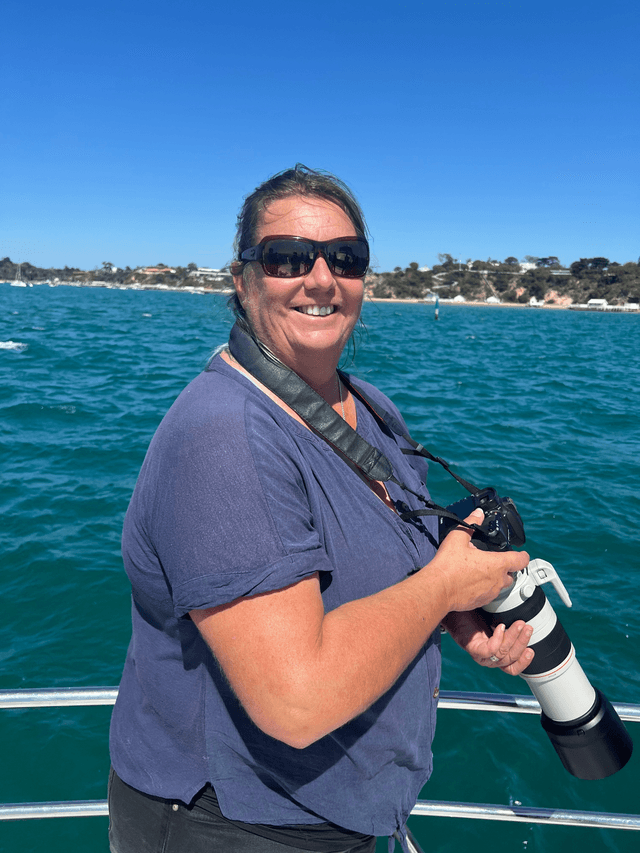Video transcript
Carl Sagan, the renowned astronomer, once said, “Science is a way of thinking much more than it is a body of knowledge.” While we teach science, it is crucial to emphasize the processes and thinking behind it. Formulating and developing researchable questions are fundamental to guiding scientific research. This professional learning session highlights the importance of developing questions and how they guide both research and student inquiry. We explore how this applies to marine science, focusing on the intriguing yet notoriously challenging study of cetaceans - whales, dolphins, and porpoises.


